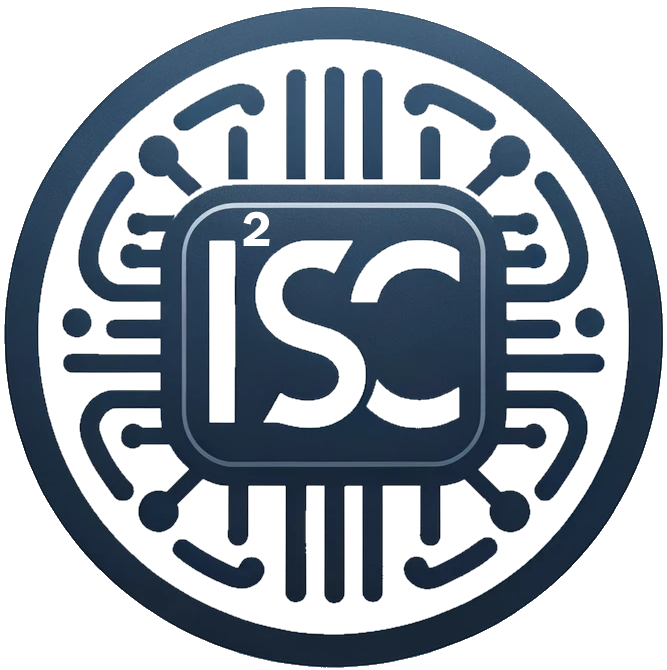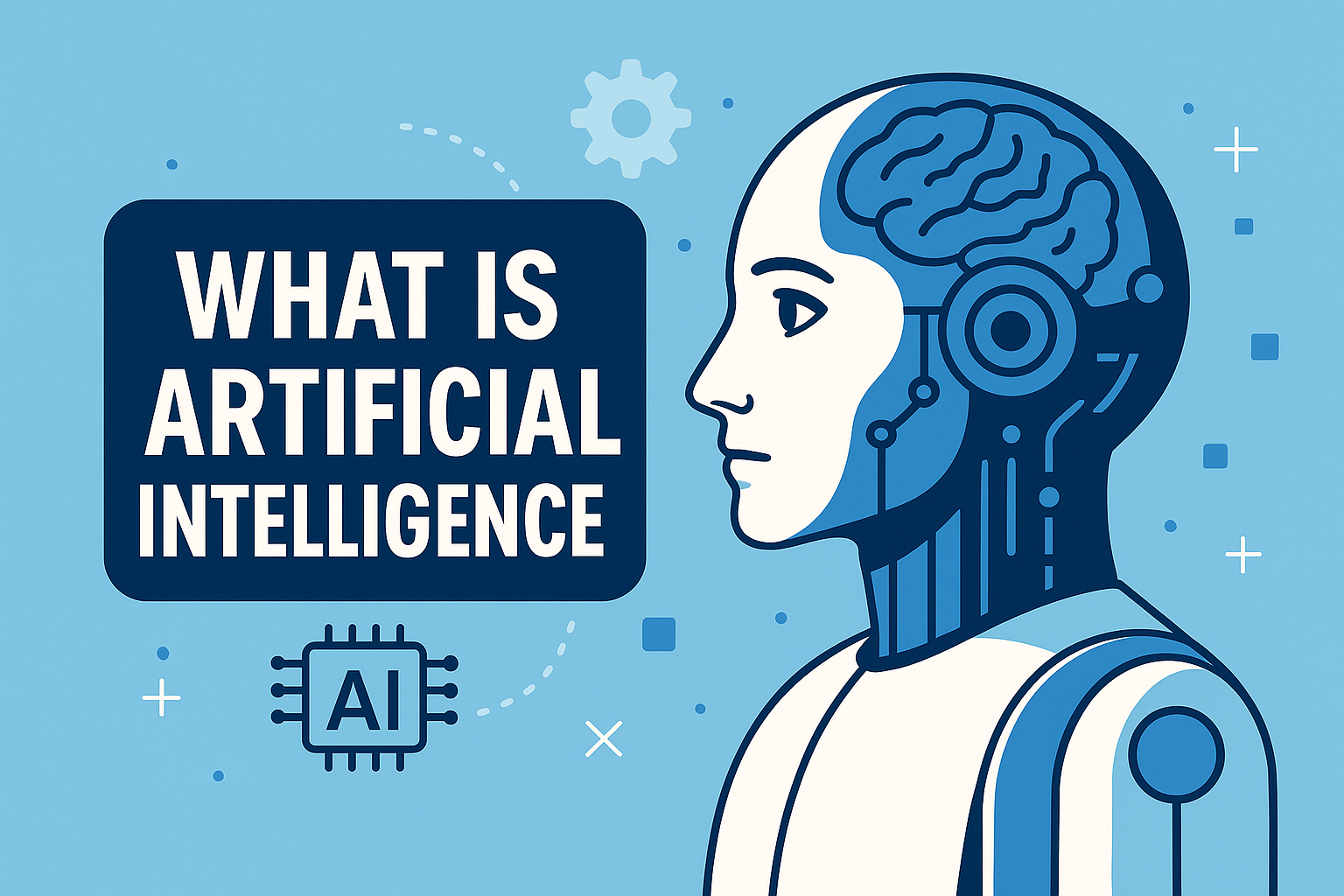AI Act is the first pioneering global legal framework on AI applicable at EU level, which seeks to position Europe as a leader in the development of trustworthy AI. If we stick to the European Commission's definition of an intelligent system, we see that this is not always the case:
‘Artificial intelligence system’ (AI system) means a system that is designed to operate with a certain level of autonomy and that, based on machine and/or human-provided data and inputs, infers how to achieve a given set of human-defined objectives using machine learning and/or logic- and knowledge based approaches, and produces system-generated outputs such as content (generative AI systems), predictions, recommendations or decisions , influencing the environments with which the AI system interacts’.
The Artificial Intelligence Act – Regulation (EU) 2024/1689
To explain this definition a little further, we can say that an artificial intelligence system is a computational system designed to operate with a certain level of autonomy, which means that it must have the ability to reach conclusions on its own to a certain extent.
These systems must be based on data and inputs from machines and/or humans. This means that they can be fed by data from a standard database, sensors and/or more human inputs such as contextual information or the accumulated experience of humans who regularly perform the activity that the system wants to emulate or support. It should be noted that it would be best to provide the system with both types of input: those from machines and those from humans. It is more advisable to use “and” rather than “or”.
And now comes the most important part: these systems must have inference capabilities, which means the ability to generate new knowledge from existing knowledge, that is, the ability to anticipate the future, which is one of the main obsessions of human beings. A system without inference capabilities, such as the typical descriptive analytics dashboard, should not be considered an intelligent system.
To be able to infer, the intelligent system will use either techniques known as machine learning and/or mechanisms based on computational logic or knowledge engineering. This means that intelligent systems can use numerical techniques based on induction to infer, i.e. trying to find regularities in numerical data and instantiate them in what are commonly referred to as patterns, which are then used to evaluate situations analogous to those available in the data, or cognitive techniques based on deduction, where, based on human abstractions, general rules that humans are capable of abstracting through experience, conclusions can be inferred by combining what actually happens in reality with these rules. Remember that famous example of “all men are mortal”, “John is a man”, therefore...
Finally, these intelligent systems must generate outputs that can be of four types:
- Generative artificial intelligence systems, capable of creating new content such as images, texts, etc., are well known to everyone as chatGPT or Dall-e, and are currently the most popular, or at least the best known to society in general.
- Prediction systems encompass all those that seek to anticipate the future, whether through estimation, forecasting, prescription, prospecting, etc., bearing in mind that these mechanisms are very different from one another. When data follows a trend, it is much easier to make an estimate than when this is not the case, which is interesting in most cases.
- Recommendation systems, such as those used by Amazon or TripAdvisor, which, when faced with a particular choice, recommend alternatives based on different factors, such as our previous profile or some other criteria.
- Finally, and perhaps most importantly from our point of view, are Decision Support Systems, such as a system to aid in cancer diagnosis and treatment or an autopilot system in a passenger aircraft.
These systems must be capable of exerting influence on the environments in which they operate. An intelligent system must fulfil all these characteristics and not be merely an isolated programme for a very specific task.

